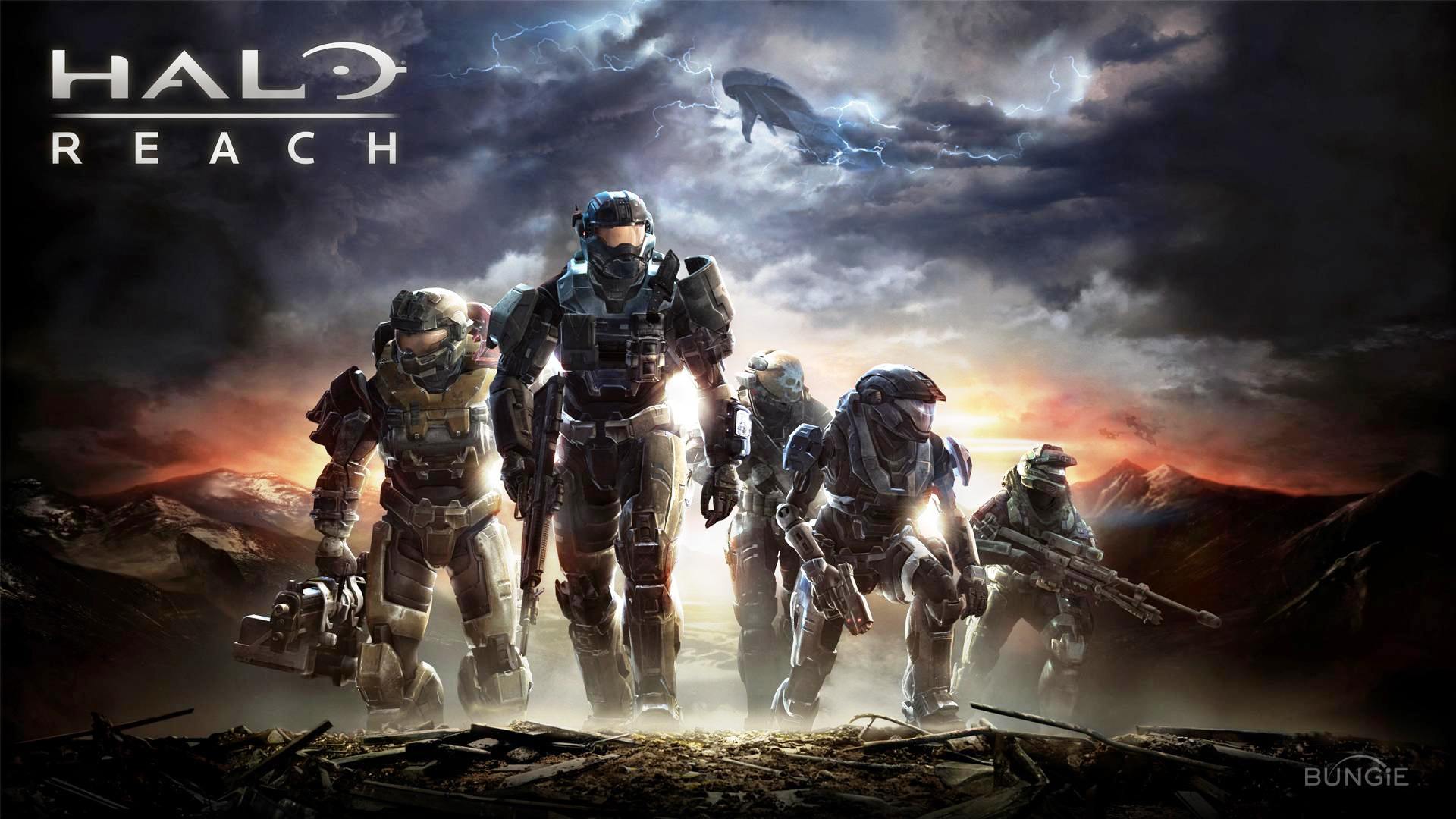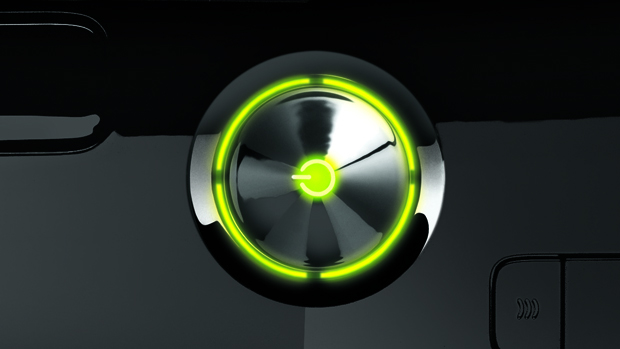Xbox One backwards compatibility games coming on a regular schedule, but it won't be easy
More Xbox 360 games will come to the Xbox One backwards compatibility program on a “very regular schedule,” says Mike Ybarra, the man overseeing every aspect of Xbox today, save for the development of games themselves. Microsoft's first wave of 104 backwards compatible games arrives on November 12, alongside a complete overhaul of the Xbox One operating system.
The first back-compat batch represents a scattershot start for the new Xbox feature, covering marquee games like Mass Effect and Fable 2, but missing others like Halo Reach and Skyrim. This will be remedied over time, Ybarra says, with new games added to the list monthly (at least) through the Games with Gold program. The free Xbox 360 games going to Xbox Live Gold subscribers will be backwards compatible, making the likes of Halo prime giveaway candidates. “Halo Reach is top 5 in user voted feedback,” Ybarra says, “so obviously we’re looking at it.”
Though Microsoft’s goal is to cover the entire Xbox 360 library, the path between technical emulation and a game’s availability is not so easily walked - and it’s been a long time coming. “When we created Xbox One, we had statements around whether [backwards compatibility] was possible,” Ybarra says. “We truly believed that at the time.” That belief finally transitioned to demonstrable progress, six months into an earnest effort in getting Xbox 360 games to work on the newer console. The Xbox One might as well be an alien in comparison to its predecessor.

It wasn’t until Phil Spencer took over as the new head of Xbox and started throwing the best engineers at the problem that a breakthrough happened. Ybarra doesn’t want to share details with me - “we do feel like that’s a competitive advantage,” he says - but you can tell by the presence of the old Xbox 360 guide and notifications that Microsoft is doing a broad, system-wide emulation and not just porting individual games. Basically, if you own the game and it’s supported, you either insert the disc into your Xbox One, or you download it through your Xbox Live purchase history.
Tricking the Xbox One into looking in the mirror and seeing an Xbox 360 is step one of several. “No game on 360 was ever really broadcast for mass consumption on Twitch or YouTube,” Ybarra tells me. Each game has to not only run, but tap into the social features Xbox One players expect to use on all their games, including streaming, recording and screenshot sharing. “From a tech standpoint it’s a pretty broad approach, and we have a certification and a test process.” By the time you get the Xbox 360 game on your Xbox One, Microsoft is (mostly) certain that it plays nicely with your console, your controller and the latest version of Xbox Live.

The decision to approve a game isn’t just in Microsoft’s hands either. “It’s really up to the publisher if they want to enable this or not,” Ybarra says. While discussions with various property owners are ongoing, individual games may also be hampered by old license agreements. If one of your favorite games used licensed music, for example, the agreement may not allow the developer or publisher to run - let alone sell - the game on platforms that weren’t explicitly permitted in the contract. It makes you wonder which one’s harder: emulation or commercial bureaucracy?
Despite the laborious to-do list attached to every Xbox 360 game, Ybarra predicts steady progress from now on. To that end, Microsoft claims it will keep listening to player feedback while expanding the backwards compatibility program, and keep up the dialogue with its Xbox 360 publishers. The Xbox team is also looking into letting you buy the Xbox 360 games you missed directly through the Xbox One, which means that some of you might one day get into Vanquish. That’s the real endgame.
Sign up to the GamesRadar+ Newsletter
Weekly digests, tales from the communities you love, and more
Ludwig Kietzmann is a veteran video game journalist and former U.S. Editor-in-Chief for GamesRadar+. Before he held that position, Ludwig worked for sites like Engadget and Joystiq, helping to craft news and feature coverage. Ludwig left journalism behind in 2016 and is now an editorial director at Assembly Media, helping to oversee editorial strategy and media relations for Xbox.



